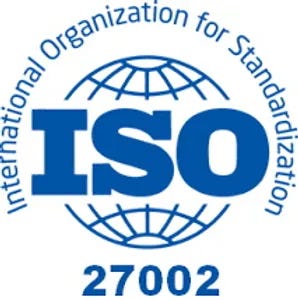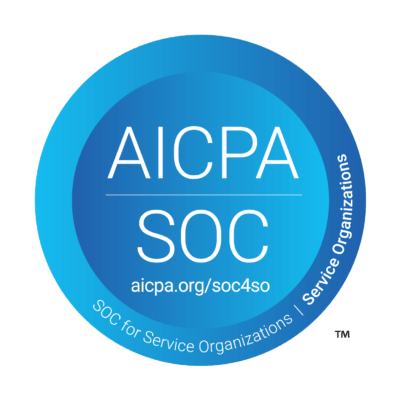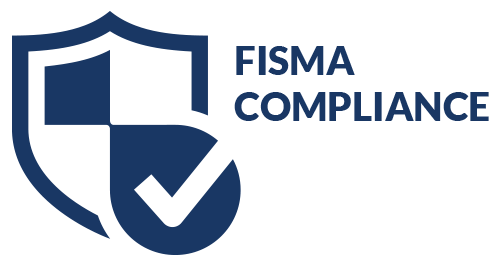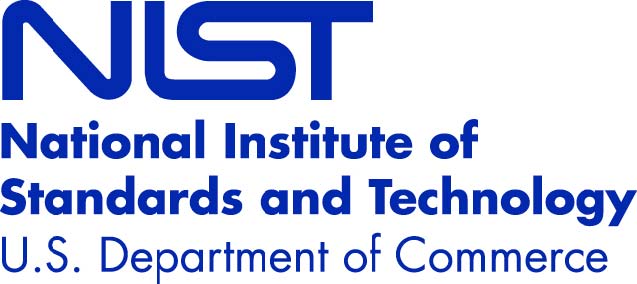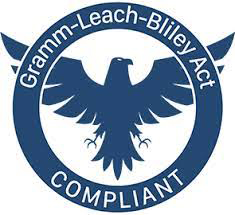The CFPB Advisory Opinion not only impacts debt collectors but also places significant responsibilities on medical providers. Medical providers must provide detailed documentation to validate debts before they are sent to collections. This documentation includes payment records, signed agreements, compliance with charity care policies, and evidence of compliance with state laws.
Key Documentation Requirements for Medical Providers:
- Payment Records: Providers must maintain detailed records of all payments made by patients or third parties. These records must be provided to the collection agency to substantiate the debt. TSI works with providers to facilitate the transfer of these records, ensuring that all information is accurate and complete. Our integration tools make it easy for providers to share payment records securely, minimizing administrative burdens and reducing the risk of errors.
- Signed Agreements: Providers must provide signed patient agreements that outline the services rendered and the associated payment obligations. These agreements are crucial for validating the legitimacy of the debt and ensuring that all parties are aware of their responsibilities. TSI ensures that these agreements are stored in a secure, centralized system, making them easily accessible for verification during the collection process. This also allows us to resolve consumer inquiries quickly and accurately, as all necessary documentation is readily available.
- Charity Care and Financial Assistance Compliance: If a patient qualified for financial assistance or charity care, providers must provide evidence that these programs were applied appropriately. TSI helps providers review their records to ensure that all discounts and assistance have been accounted for before the debt is sent to collections. This review process includes verifying eligibility criteria and ensuring that any discounts or write-offs are applied in accordance with the provider’s policies and relevant regulations.
- State Law Compliance: Providers must ensure that the amounts being billed comply with state regulations regarding allowable charges. TSI works closely with providers to verify that all charges are within the limits set by state laws, reducing the risk of compliance violations. Our team also provides guidance to providers on how to stay current with state regulations, including periodic updates and training sessions to ensure compliance with evolving legal requirements.
By providing the necessary documentation and collaborating with TSI, medical providers can ensure that their debts are fully compliant before they reach the collection stage. This not only helps in meeting regulatory requirements but also reduces administrative burdens and improves the efficiency of the collection process. TSI’s approach also helps foster a stronger partnership between medical providers and our team, ensuring that compliance is a shared responsibility.
Conclusion
The upcoming CFPB regulatory changes are significant, and preparedness is key. Through this blog series, we aim to educate our clients and prospects about the importance of debt validation and how to navigate these changes smoothly. TSI is committed to staying at the forefront of compliance and helping you adapt, reduce administrative burdens, and continue generating revenue while protecting your reputation.
If you are looking for a partner that can provide you with the expertise, technology, and support needed to navigate these changes, TSI is here to help. Together, we can ensure that you are fully compliant and ready to meet the challenges of this evolving landscape.

